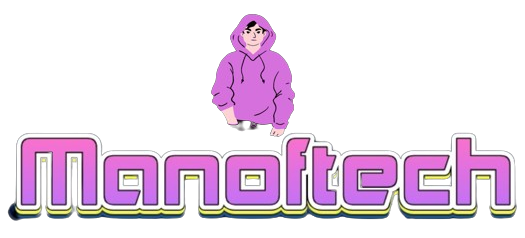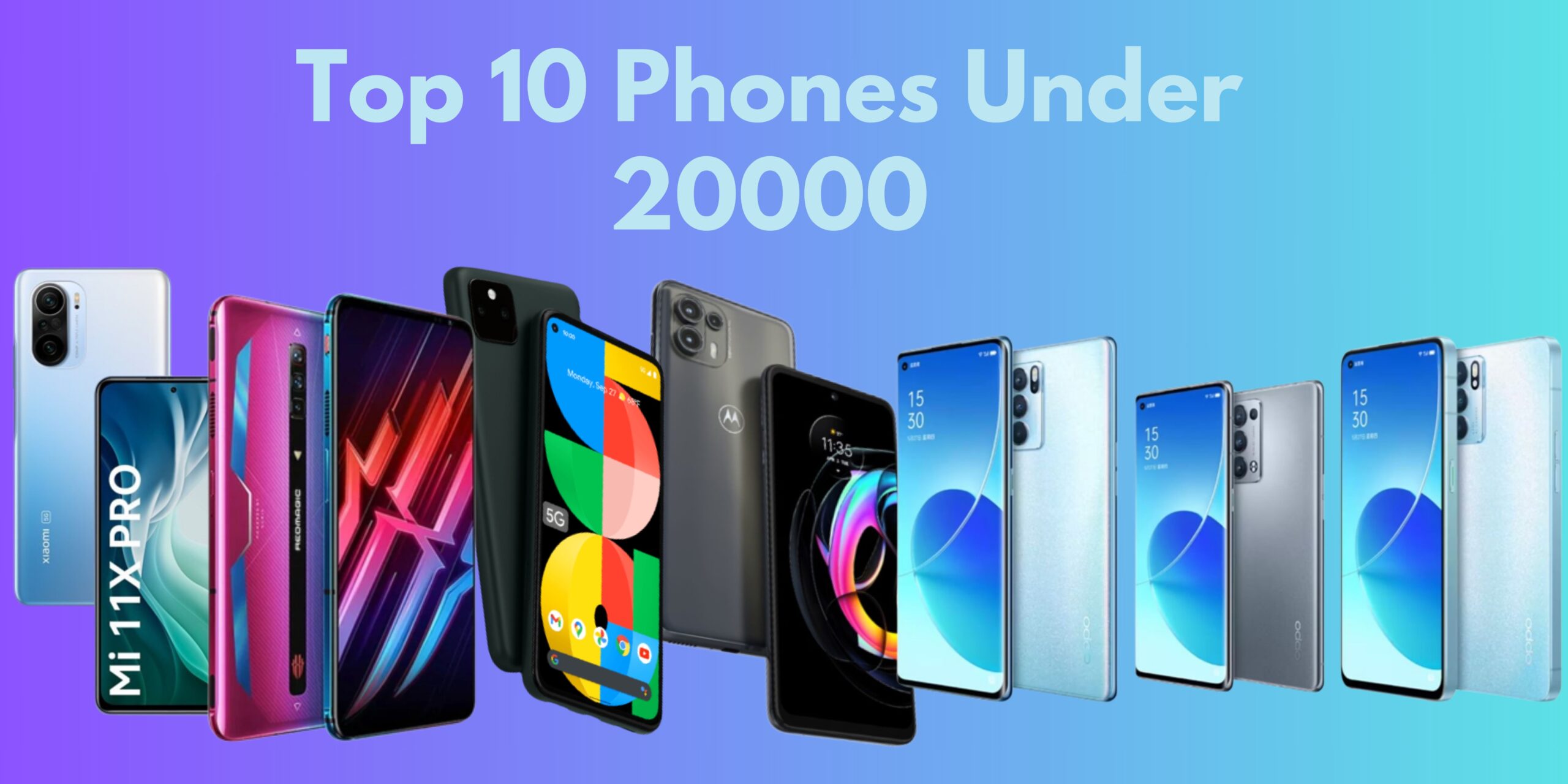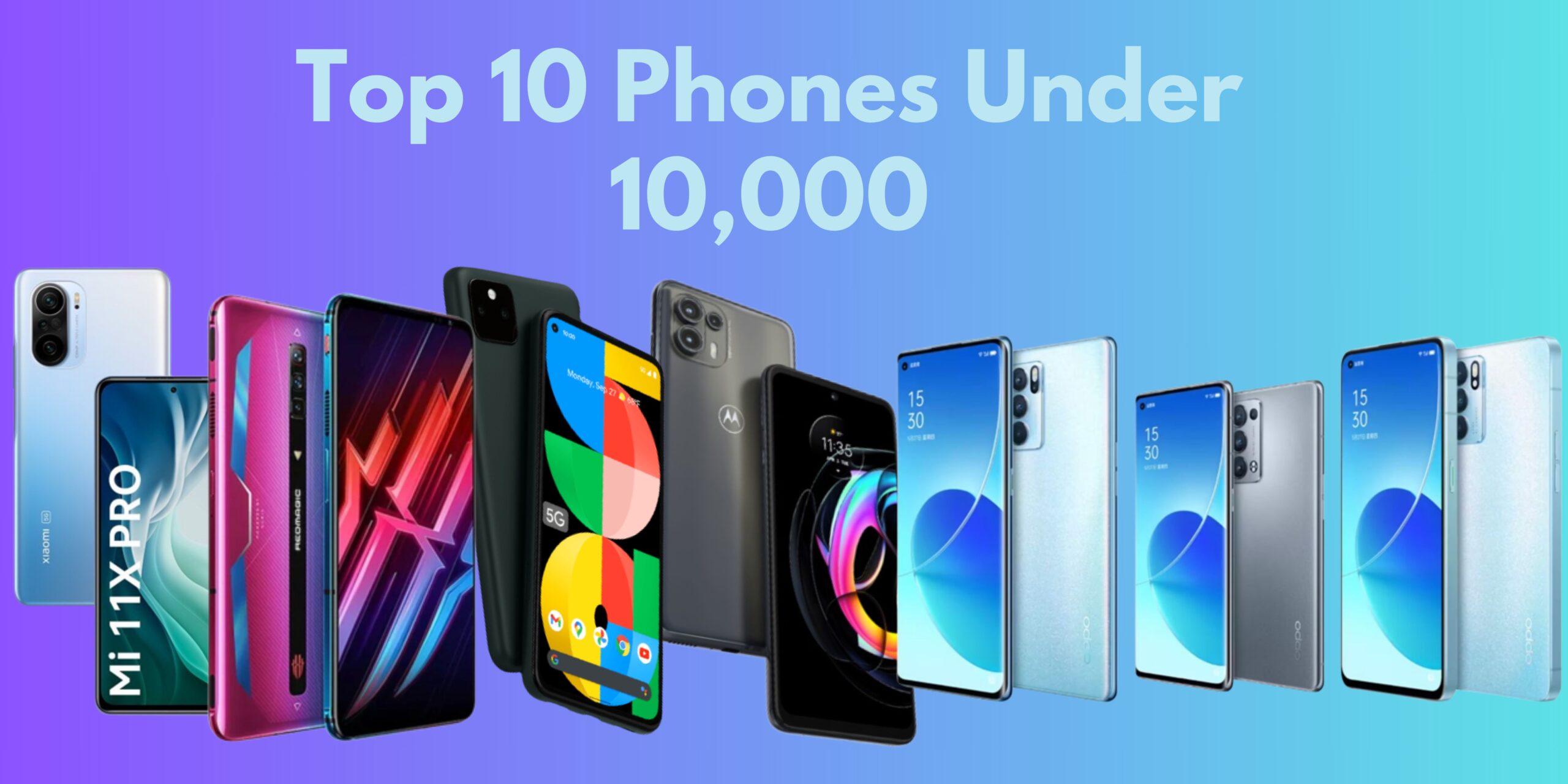Innovations in Mobile Health Apps
The rapid evolution of mobile health apps is revolutionizing the healthcare landscape, bringing unprecedented convenience, accessibility, and personalized care to users worldwide. This article explores the groundbreaking innovations in mobile health apps, showcasing how these technologies are reshaping the delivery of healthcare services and empowering individuals to take control of their well-being.
1. Telemedicine Integration
Mobile health apps have seamlessly integrated telemedicine features, allowing users to consult with healthcare professionals remotely. This innovation facilitates timely medical advice, diagnosis, and even prescription services, eliminating geographical barriers and enhancing healthcare accessibility.
2. Wearable Device Integration
The integration of mobile health apps with wearable devices has enabled real-time health monitoring. From tracking vital signs to monitoring physical activity, these apps provide users and healthcare providers with valuable insights, fostering proactive health management.
3. Personalized Health and Wellness Plans
Innovative mobile health apps leverage data analytics and artificial intelligence to create personalized health and wellness plans. These plans consider users’ medical history, lifestyle, and preferences, providing tailored recommendations for nutrition, exercise, and overall well-being.
4. Medication Management and Reminders
Mobile health apps have streamlined medication management by offering features such as medication reminders, dosage tracking, and prescription refill notifications. This innovation enhances medication adherence, leading to improved health outcomes for users.
5. Mental Health Support
Recognizing the importance of mental health, mobile health apps now include features for stress management, meditation, and mood tracking. Some apps offer virtual therapy sessions, providing accessible mental health support to users wherever they are.
6. AI-Driven Symptom Checkers
Artificial intelligence-driven symptom checkers have become a valuable tool in mobile health apps. Users can input their symptoms, and the app utilizes AI algorithms to provide potential diagnoses and guidance on whether professional medical intervention is necessary.
7. Chronic Disease Management
Mobile health apps are playing a crucial role in chronic disease management. These apps assist users in monitoring chronic conditions, such as diabetes or hypertension, by tracking relevant health metrics and offering actionable insights for better self-management.
8. Gamification for Health Engagement
To enhance user engagement, some mobile health apps incorporate gamification elements. By turning health goals into challenges, rewarding achievements, and fostering a sense of competition or community, these apps motivate users to actively participate in their health journey.
9. Emergency Response Integration
Innovative mobile health apps include emergency response features such as automatic SOS calls or location sharing in case of accidents or health emergencies. This functionality ensures swift responses and assistance during critical situations.
10. Health Data Security Measures
Recognizing the sensitivity of health data, mobile health apps prioritize robust security measures. Encryption, biometric authentication, and adherence to strict data protection regulations contribute to ensuring the privacy and security of users’ health information.
Empowering Health in Your Hands
The ongoing innovations in mobile health apps signify a transformative era in healthcare delivery. From telemedicine to personalized health plans, these technologies empower individuals to actively participate in their health management. As mobile health apps continue to evolve, they hold the promise of further democratizing healthcare, making quality medical resources and support accessible to users worldwide.


